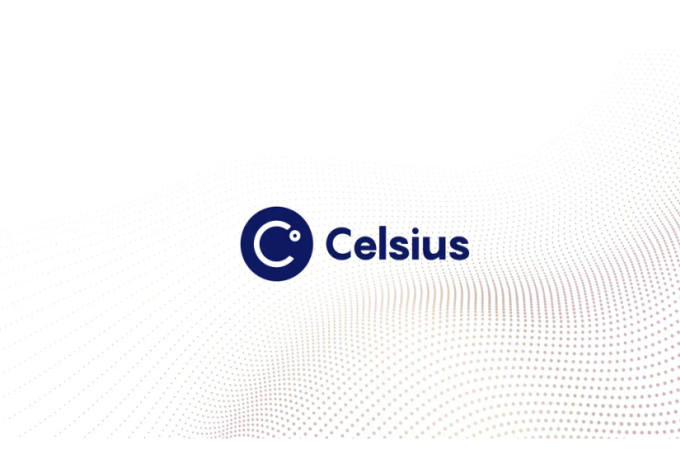Lufax Completes Fundraising, Valuing Company at $18.5 Billion
By Bloomberg News,
Lufax, a Chinese peer-to-peer lender and broker, has secured its position as the world’s most valuable financial technology startup by completing a fundraising that it said values the company at $18.5 billion.
The company, which recently rebranded its business as lu.com, raised a total $1.216 billion, many times the amount it planned, according to a statement on Monday. Investors included Bank of China Group Investment Ltd., Guotai Junan Securities Hong Kong Ltd. and a unit of China Minsheng Banking Corp., the statement said.

The money will be used to support Lufax’s existing peer-to-peer lending operations, and to diversify into new areas such as wealth management, the company’s chairman Gregory Gibb said at a press conference in Shanghai.
Gibb, a former McKinsey & Co. consultant, said Lufax wants to focus more on offering cross-border investment to its Chinese clients, and plans to build a more comprehensive platform for wealth management. “In the next couple years, domestic clients will have increasing demand for overseas investments,” Gibb said.
IPO Plans
Shanghai-based Lufax, whose official name is Shanghai Lujiazui International Financial Asset Exchange Co., was valued at $10 billion in March, when it raised $500 million in a private placement that already made it the most valuable financial startup, according to data compiled by CB Insights.
Lufax’s initial public offering could come as early as this year, though the company is still considering whether to list domestically or overseas, Gibb said. As a result of the fundraising, the stake in Lufax held by Ping An Insurance (Group) Co. has dropped from about 48 percent to about 44 percent, he said.
The company saw total trading on its platform reach 1.6 trillion yuan ($243 billion) last year, of which 1 trillion yuan took place between institutions and 600 billion involved individuals, according to Gibb.
Gibb said he expects a consolidation in China’s Internet finance industry as the rapid growth seen in previous years starts to slow. “In the next stage, the overall market development will slow down, along with industry consolidation,” he said.





